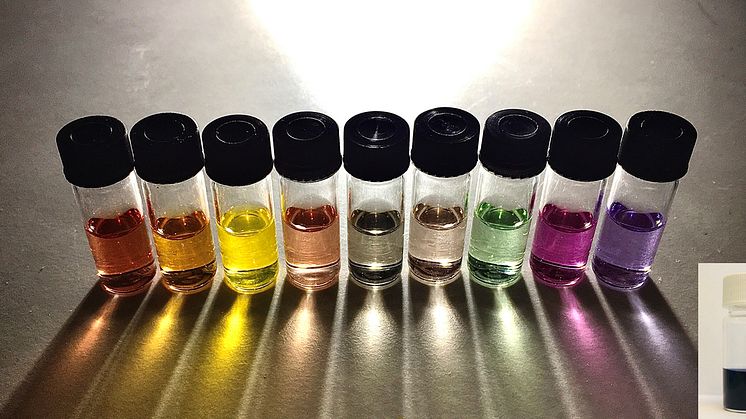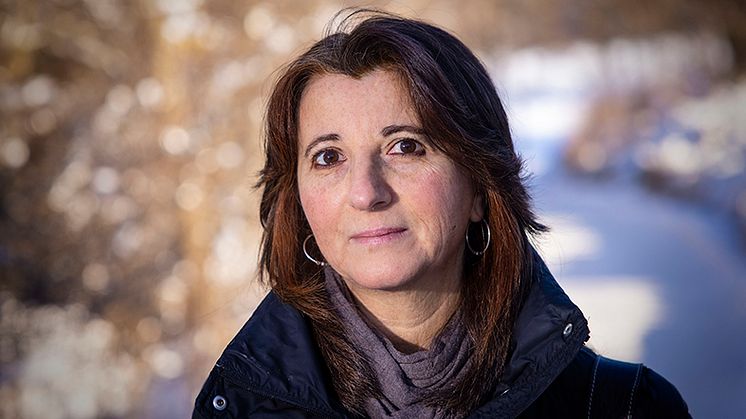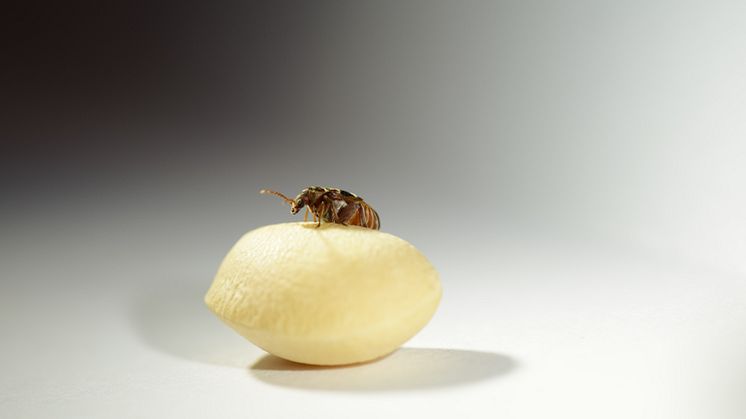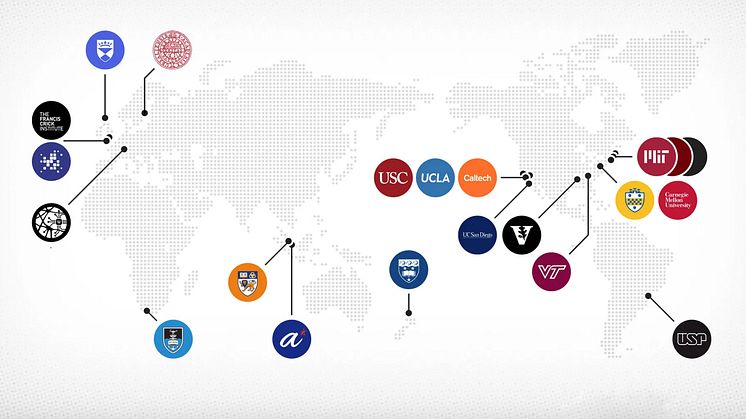Metabolic response behind reduced cancer cell growth
Researchers from Uppsala University show in a new study that inhibition of the protein EZH2 can reduce the growth of cancer cells in the blood cancer multiple myeloma. The reduction is caused by changes in the cancer cells’ metabolism. These changes can be used as markers to discriminate whether a patient would respond to treatment by EZH2 inhibition.



